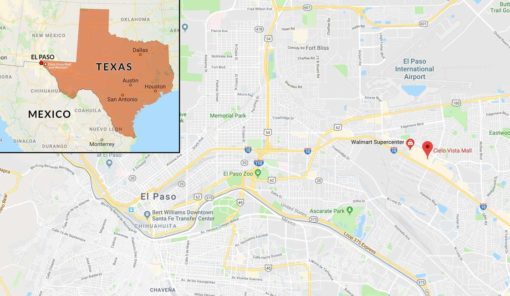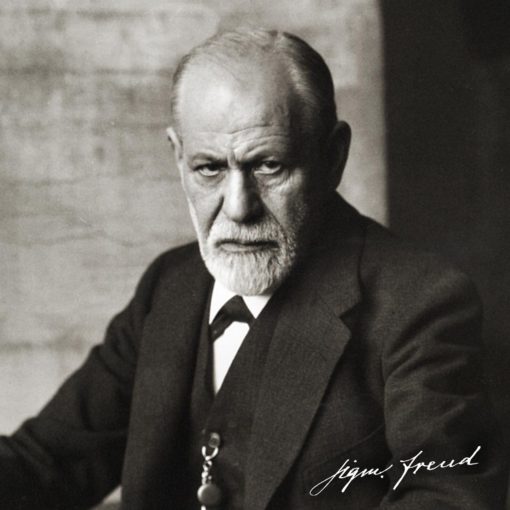mass shootings

Shermer and Thornton discuss: aggression: passive, proactive, reactive, relational • moralistic punishment and the game theory analysis of the logic of violence • gun violence (homicide, suicide, accidents) • violence against women/children • male-on-male violence • alcohol, drugs, infidelity • race • self-control • training soldiers • male role models • Rodney King, Michael Brown, George Floyd • police violence • bullying • fatherless homes • rape and sexual violence • self-defense.
In response to last week’s trifecta shootings in Gilroy, El Paso, and Dayton, Michael Shermer offers an analysis of the psychology of mass public shooters, or why people act on their beliefs, why almost everyone thinks their beliefs are ontologically true and morally right, and why political rhetoric matters.

In response to last week’s trifecta shootings in Gilroy, El Paso, and Dayton, Michael Shermer offers an analysis of the psychology of mass public shooters, or why people act on their beliefs, why almost everyone thinks their beliefs are ontologically true and morally right, and why political rhetoric matters.

In this week’s eSkeptic, Margret Schaefer reviews Freud: The Making of an Illusion, in which its author, Frederick Crews, convincingly argues that Freud constructed psychoanalysis on a fraudulent foundation. How did Freud convince so many people of the correctness and the profundity of his theory?











